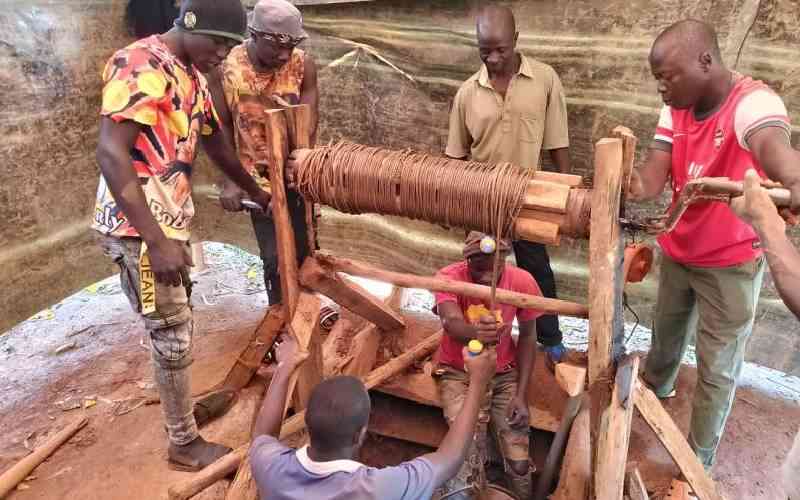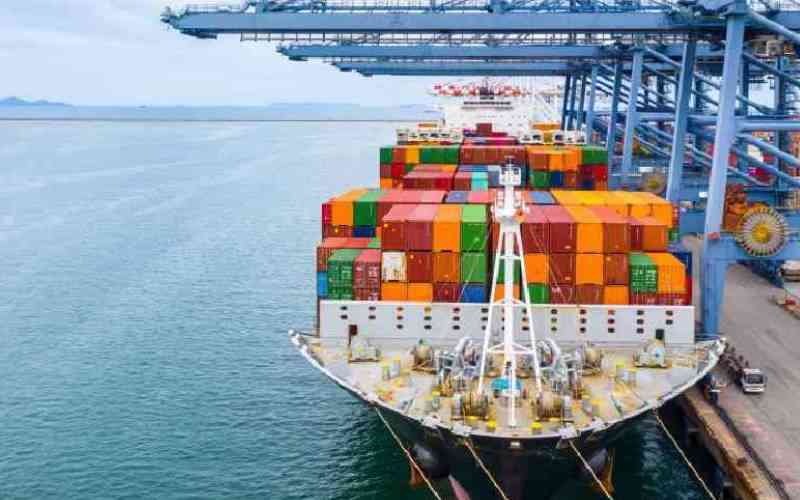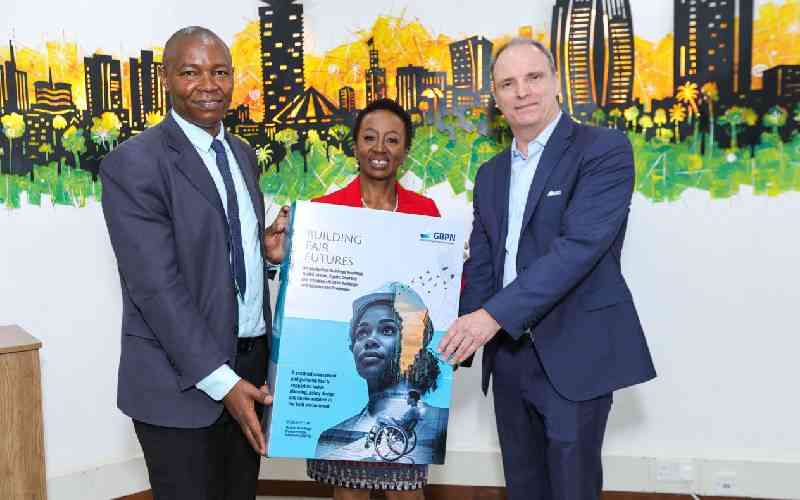New "air taxis" debut in central China as nation accelerates low-altitude drive
A silent aircraft with rotors tucked inside its fuselage lifted off in front of an auditorium in downtown Wuhan, capital of central China's Hubei Province, drawing cheers from astonished onlookers.
Business








